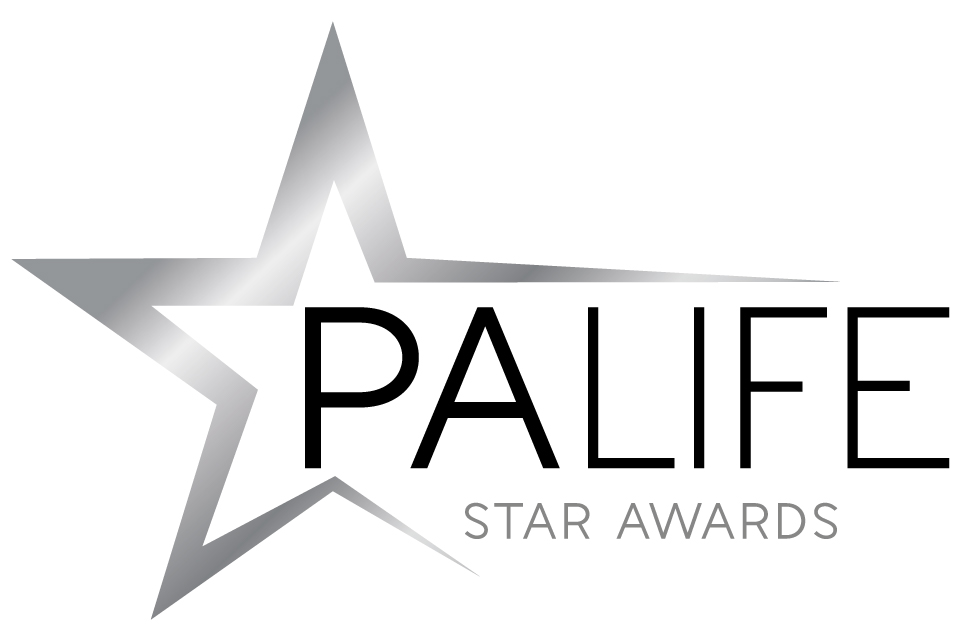Running a business is time consuming and often demanding, but with employee burnout becoming an increasing problem for business owners, how can they strike the right balance between mental health and profitable productivity? Money.co.uk business loans experts surveyed 2,000 UK employees to explore the different generations’ attitudes to work and burnout coping mechanisms.
Trending on TikTok: Almost two in three employees (63%) manage stress with ‘Bare Minimum Mondays’
Bare minimum Mondays is a TikTok trend whereby you do the bare minimum required of you at work on a Monday, so as to avoid ‘Sunday Scaries’ (experienced by 7 in 10 (63%) workers) and ease yourself into the week.
Bare minimum Mondays are the UK’s second most popular approach to avoiding burnout, with nearly two thirds (63%) of workers admitting to doing the bare minimum required of them on a Monday. Sunday Scaries have Young Millennials adopting Bare Minimum Mondays the most (67%) to avoid stress.
Bare Minimum Mondays a tactic for the younger generations
Breaking the data down by age group, the business loans experts at money.co.uk found that the number of people participating in Bare Minimum Mondays dramatically declines in the oldest age group.
With burnout becoming a hot-topic in recent years, it seems that younger generations are more aware of coping mechanisms and techniques to avoid it.
‘Quiet Quitting’ sees half (54%) of workers cutting workloads
‘Quiet Quitting’ means completing one’s minimum work requirements without going above and beyond or bringing work home after hours.
The new data from money.co.uk reveals that Quiet Quitting sees on average more than half (54%) of staff working to rule.
Older workers are most likely to work the hardest, but even so, half of them admit to ‘Quiet Quitting’
Just over 3 in 5 (61%) employees surveyed aged 25-34 said they currently partake in the TikTok trend ‘Quiet Quitting’, followed by over half (52%) of those aged 35-44 and 18-24 (51%), half (50%) of those aged 45-54 and over 2 in 5 (42%) of those aged 55+ who said the same. This is a trend that is clearly popular across all generations.
Four day weeks unofficial reality as Brits already cut workloads with ‘Freedom Fridays’
‘Freedom Fridays’ is a trend whereby employees take on a lighter workload and more relaxed schedule on a Friday.
Freedom Fridays are the UKs most popular TikTok work trend, with over two thirds (65%) of all workers taking on a lighter ‘Freedom Friday’ workload to finish the week earlier.
Freedom Fridays are most popular with millennials as almost three quarters (72%) are regularly finishing up early.
Table showing the TikTok trends popularity among different generations/age groups:
| Age Group | % regularly engage in Bare Minimum Mondays | % admitted to Quiet Quitting | % take advantage of Freedom Fridays |
| 18-24 (Gen Z) | 63% | 51% | 64% |
| 25-34 (Young millennials) | 67% | 61% | 72% |
| 35-44 (Older millennials) | 61% | 52% | 67% |
| 45-54 (Gen X) | 50% | 50% | 61% |
| 55+ (Boomers) | 34% | 42% | 35% |
How to keep employees healthy, happy and motivated
On motivating your workforce, supporting their mental health and thus keeping burnout at bay, James Andrews, money.co.uk business loans expert, said:
“Government figures show that sickness absence and lost productivity through worklessness contribute towards an estimated £100bn annual cost to businesses. Our research shows that putting the right workplace perks in place will motivate a third (35%) of your workforce to be more engaged at work and yet they remain an underrated way for business owners to keep their workforce happy and thriving.
“Focusing on perks known to be beneficial to mental health, like exercise and eating well, can be cost effective for business owners to drive motivation and productivity, at the same time as reducing absenteeism and poor engagement.
“As such, subsidised gym classes and memberships, offering a free healthy breakfast in the office and virtual mental health counselling could end up boosting your bottom line as well as proving popular with staff.”
The Mental Health Foundation’s employer checklist for creating mentally healthy workplaces states that:
Value mental health and wellbeing as core assets of your organisation
- Commit to developing an approach to mental health at work that protects and improves mental health for everyone, whilst supporting those people who experience distress.
- Designate board champions, and ensure senior leaders and middle managers are responsible for implementing mental health programmes.
- Commit to reviewing the way you do business to ensure your everyday working culture is as mentally healthy as possible. Make evidence based mental health promotion tools like mindfulness and exercise available to all staff.
- Regular staff surveys and other research to build data about staff mental health, using findings to plan and deliver action and inform workplace policies. Recognise and celebrate the impact of existing employee benefits and corporate social responsibility activities on the mental health and wellbeing of staff
Support the development of compassionate and effective line management relationships
- Provide opportunities for managers to attend relevant training to support staff living with mental health problems and the wellbeing of all staff more widely.
- Provide proactive support for staff line-managing people with mental health problems, including access to HR and, where necessary, occupational health services.
- Recognise that line managers who have personal lived experience of mental health problems are a unique asset to a company.
Address discrimination
- Ensure that discrimination on the grounds of mental health status is seen to be as unacceptable as discrimination in relation to other protected characteristics such as race, gender or sexual orientation.
- Encourage staff to report any discrimination or harassment they face and to blow the whistle on discrimination they witness.
- Support national and local anti-stigma initiatives such as ‘Time to Change’, ‘Time to Change Cymru’, ‘See Me’ and Mental Health Awareness Week
Diversity and transferable skills can help tackle employee burnout
Value the diversity and transferable skills that lived experience of mental health problems bring and support disclosure.
- Include mental health in diversity and inclusion strategies, and recognise the mental health component of wider equality initiatives.
- Ensure your business creates opportunities to link with employability providers to enable people with mental health problems to join your workforce.
- Give people positive reasons to disclose by establishing a culture that values authenticity and openness – this should be led from the top of the organisation.
- Explore setting up peer support and mentoring programmes for staff with lived experience of mental health problems.
You can read about the risks of doing the bare minimum at work in PA life.










